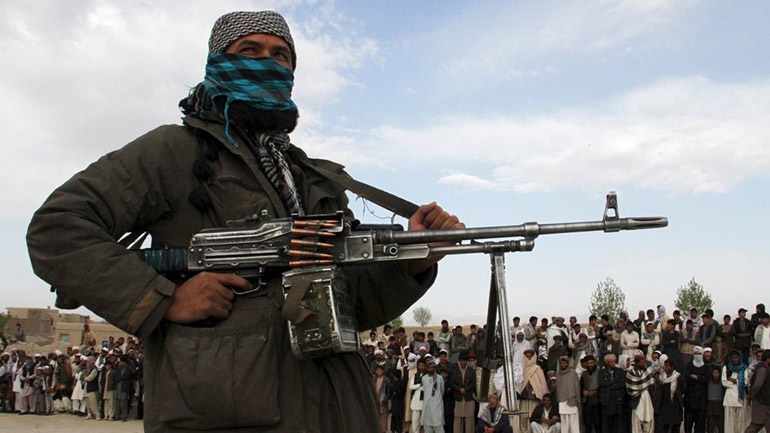Eight other regions of Afghanistan fell to Islamist insurgents on Monday as the Taliban continued to expand their territory amid the withdrawal of US and NATO forces after two decades.
Officials said the eight districts occupied by the rebels were in Baghlan, Balkh and Tahar provinces. A Defense Ministry official said the Taliban were at the gates of Mazar-i-Sharif.
If this information is true, it means that the Taliban have seized control of 50 regions since US and NATO forces began withdrawing on May 1.
Afghanistan is administratively divided into 34 provinces which in turn have about 400 regions in total.
Faced with the insurgents’ unprovoked spring offensive, government officials are calling on civilians and former members of paramilitary groups fighting the insurgents to take up arms to repel the Taliban.
The situation in Afghanistan is a matter of grave concern to neighboring Tajikistan for a possible influx of refugees. Some local officials have already begun preparations for setting up refugee camps.
Typically, the withdrawal should be completed by September 11, the 20th anniversary of the 2001 attacks that led to the US invasion of Afghanistan and the overthrow of the Taliban regime, which has provided safe haven to al Qaeda, the group accused of on terrorist acts in New York and Washington.
However, the US Pentagon said yesterday that the withdrawal of troops may be slowed down in the face of the advance of the guerrillas. “Plans can be changed if the situation changes,” said Pentagon spokesman John Kerby, when asked if the Taliban had surrounded major Afghan urban centers. He added that the United States would show “flexibility”, but stressed that the withdrawal would take place within the set timeframe, “as ordered by President Joe Biden.”
The withdrawal of troops has been completed by more than 50%.
Mr Kerby assured that the United States would continue to provide air support to Afghan government forces, but stressed that this would not be the case until the last day of the US military presence in Afghanistan.
“As long as we have capabilities in Afghanistan, we will continue to provide support to Afghan forces, but as the withdrawal draws to a close, those capabilities will diminish and will no longer be available,” he said.
“At the moment we are talking, we are still providing some support, but that will change,” he warned.
Afghan President Ashraf Ghani and the government’s chief negotiator in talks with the Taliban, Abdullah Abdullah, are expected at the White House on Friday.



